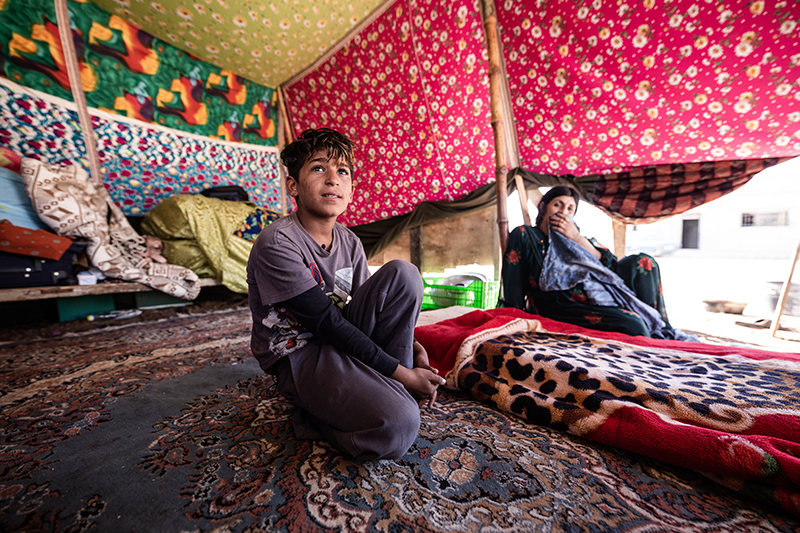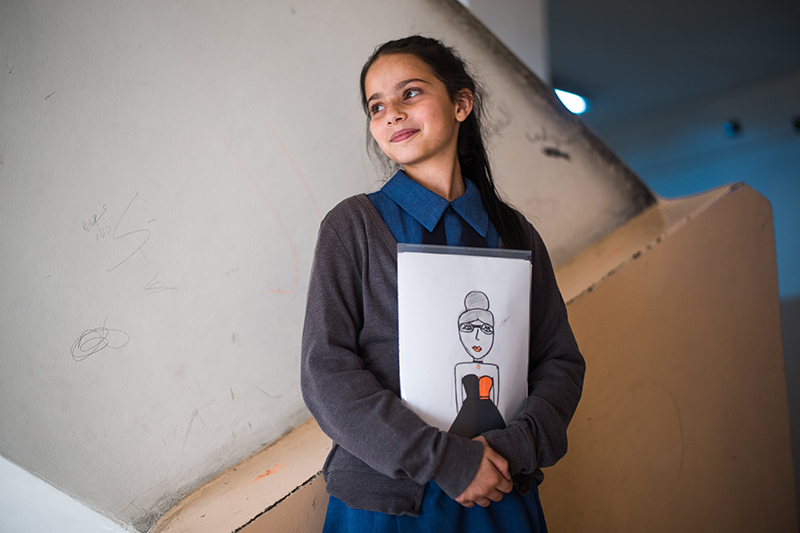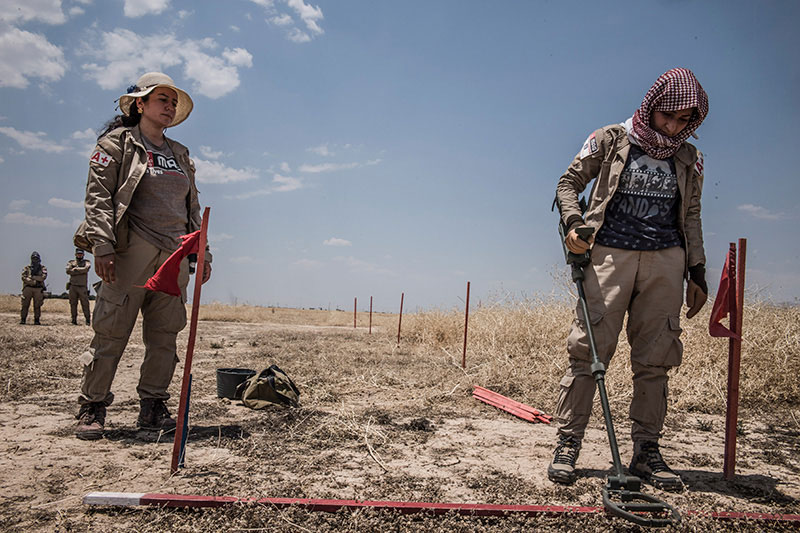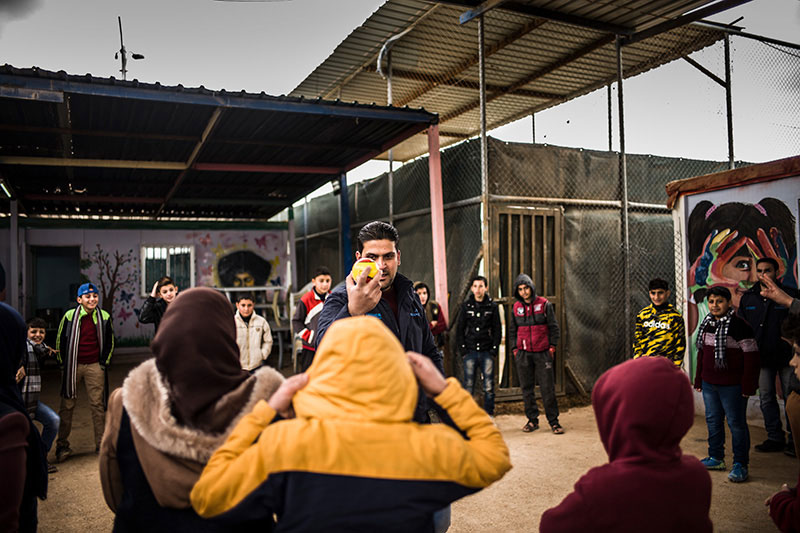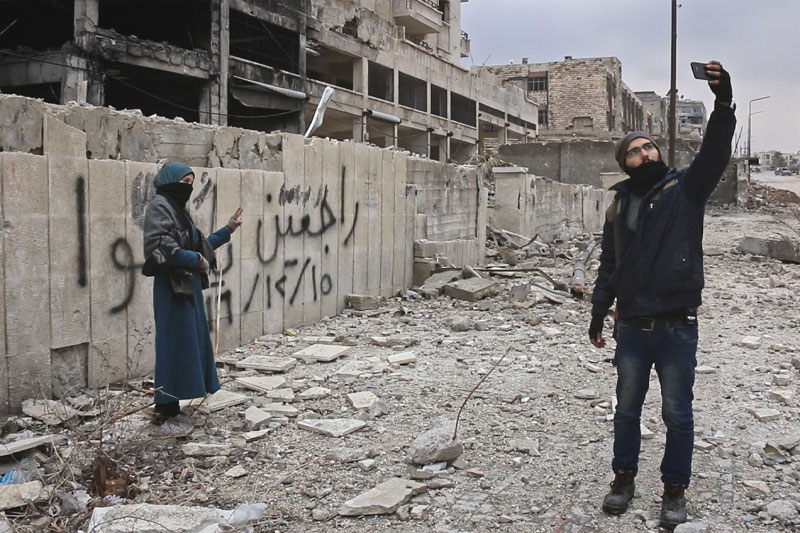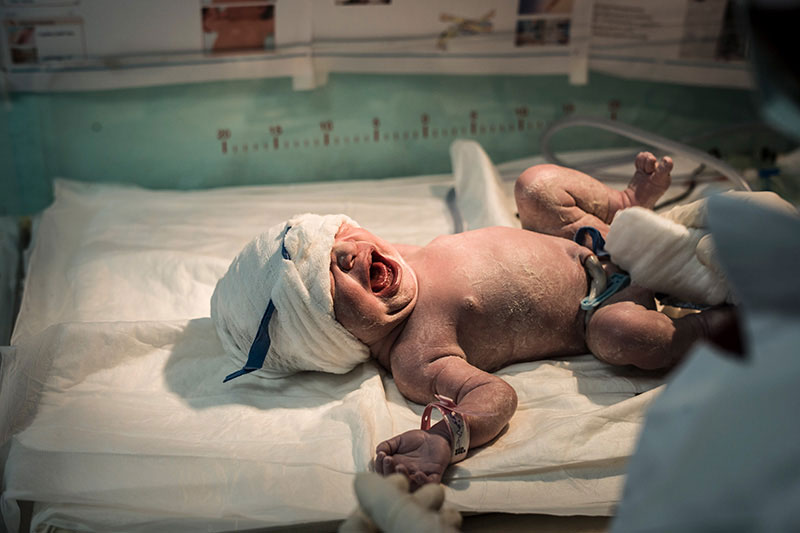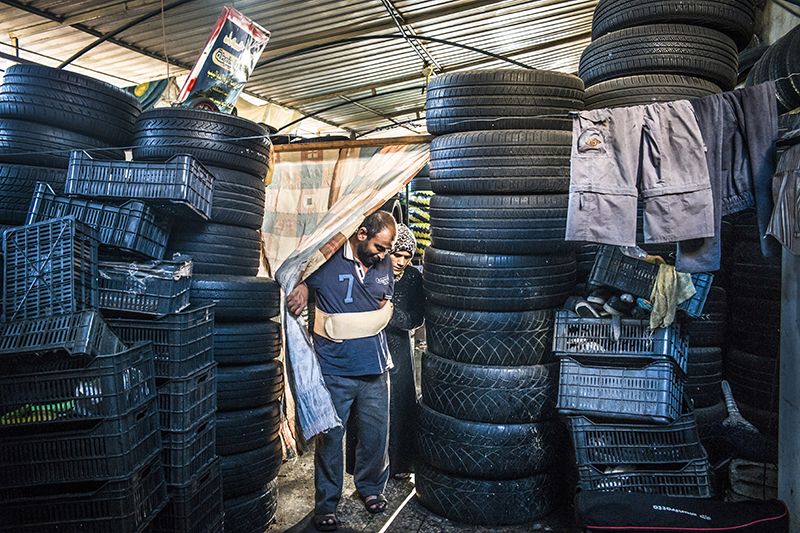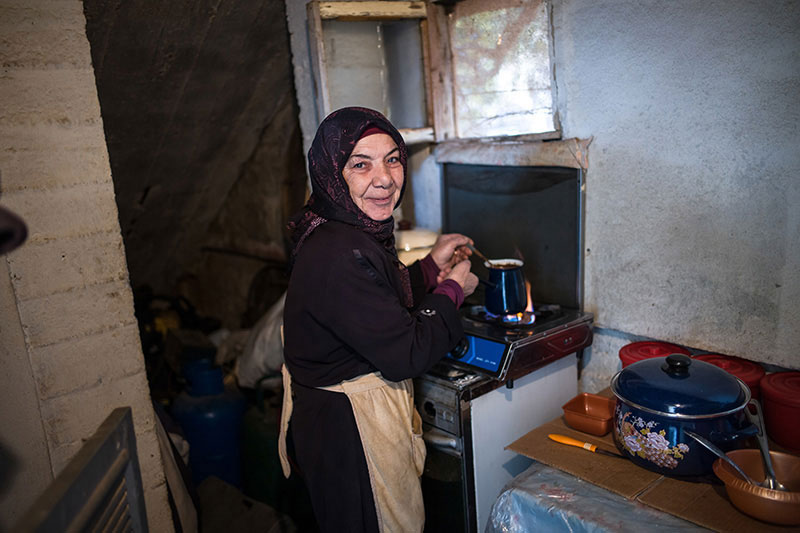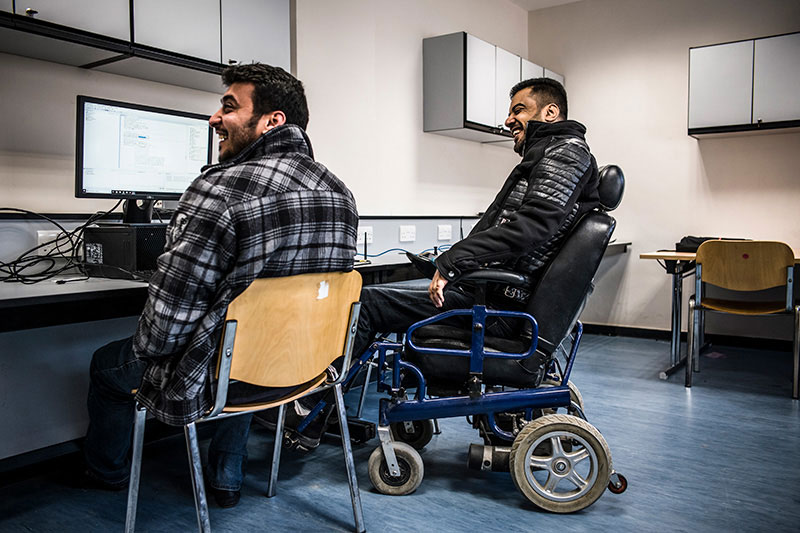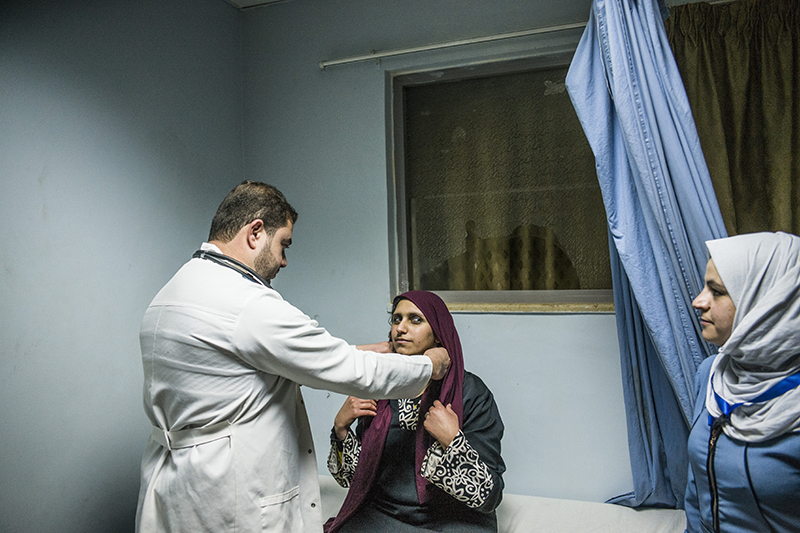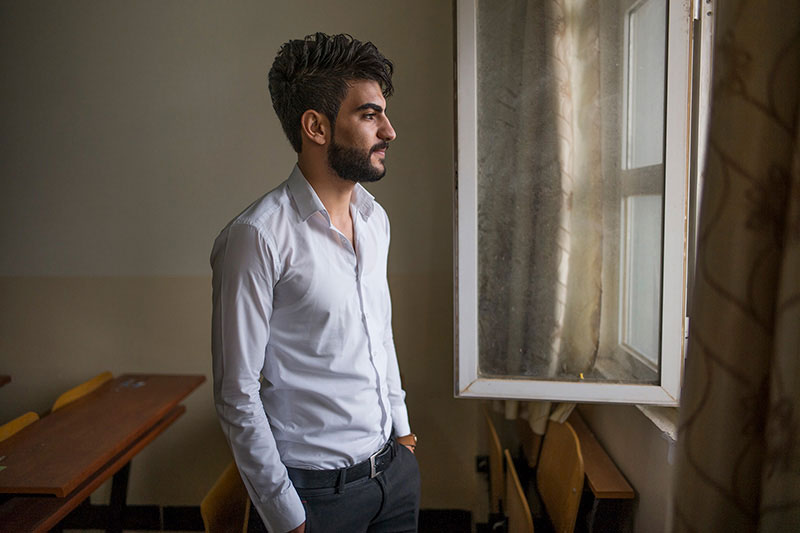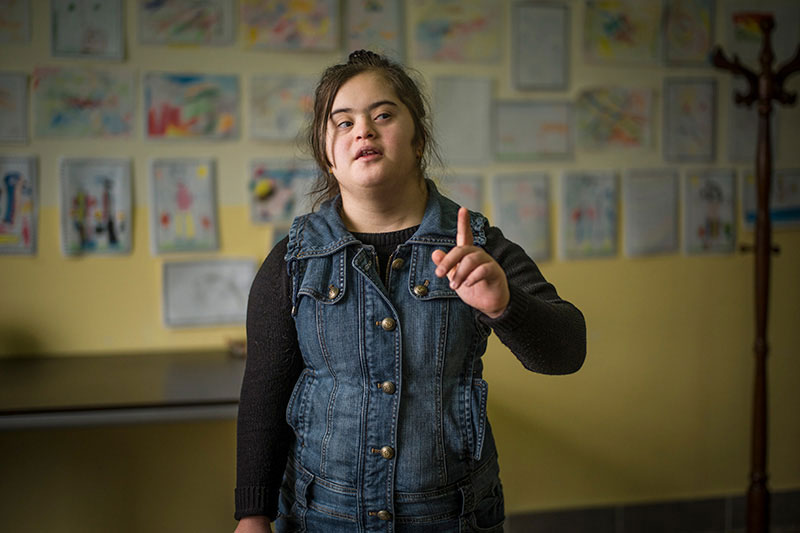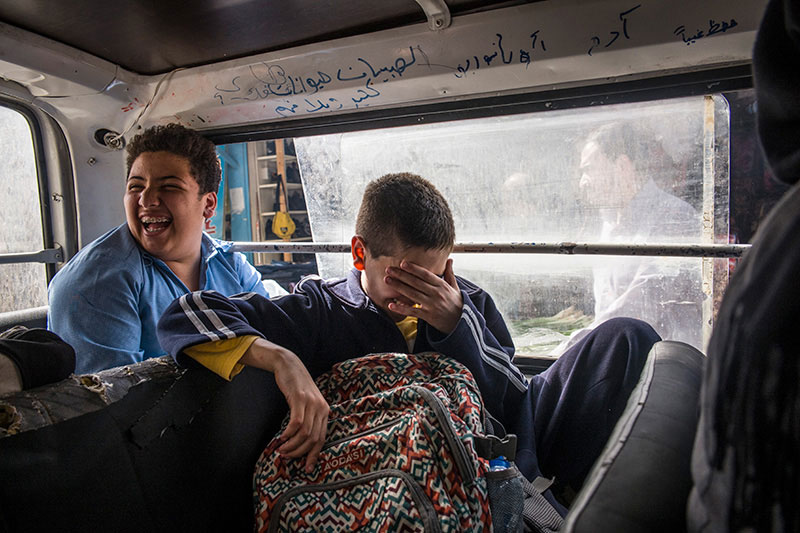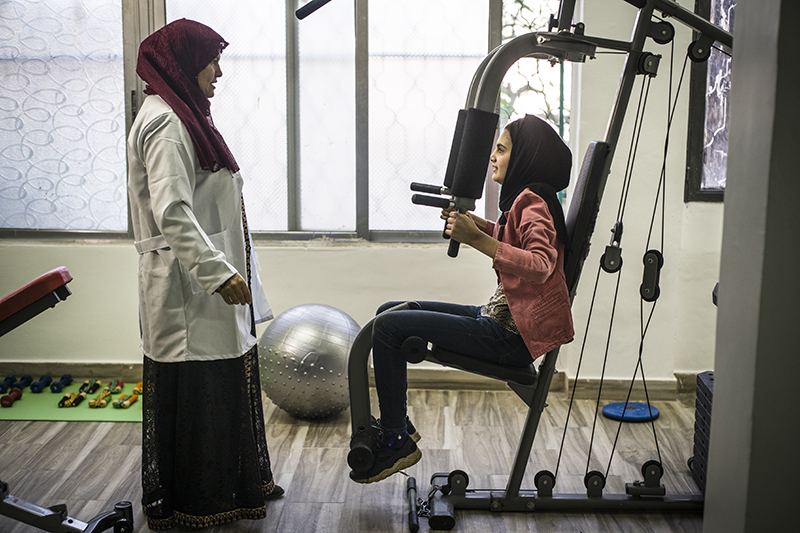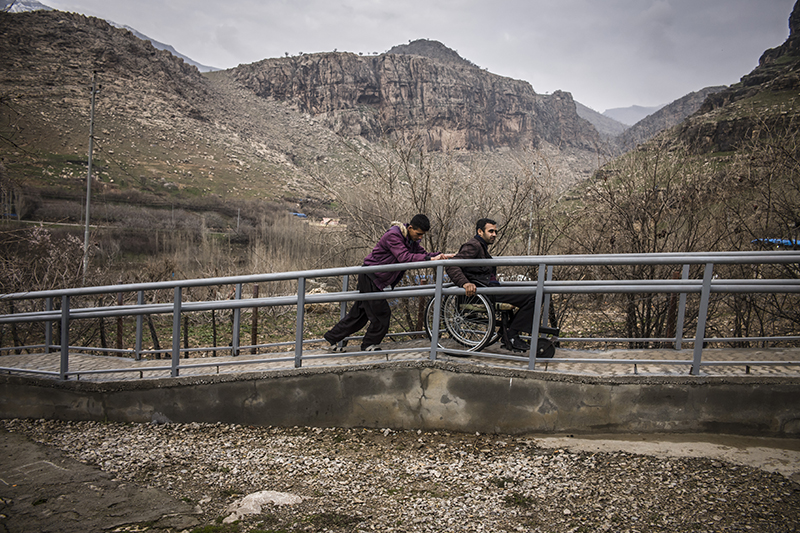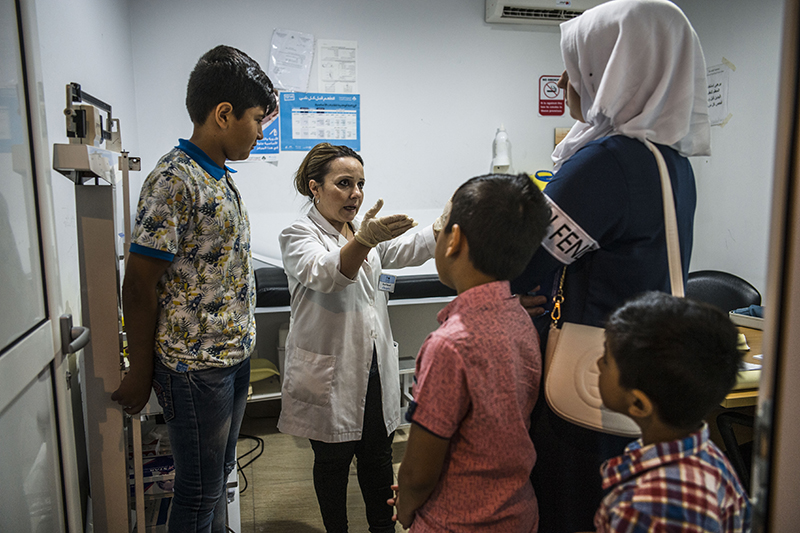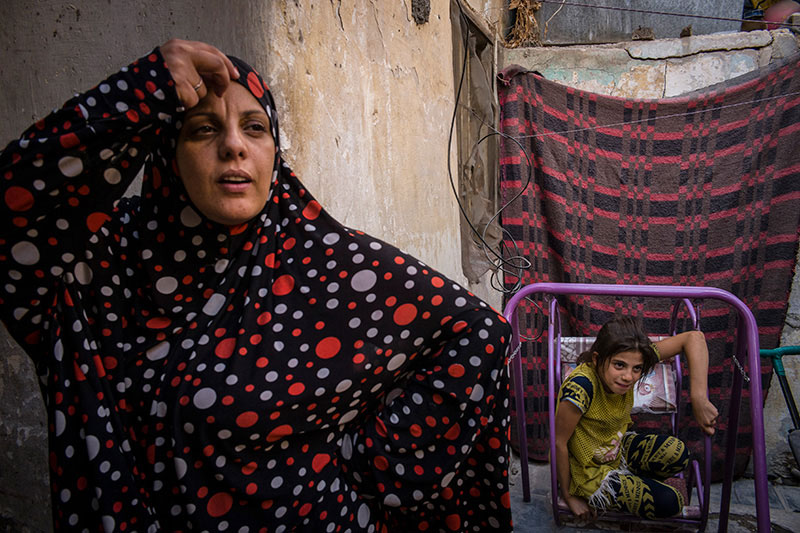Fares and Fayyad are from Rabi’a in the Nineveh district in Iraq.
Fares and Fayyad work to clear rubbles, grass and vegetation that have been piling up in the main canal of their town, rendering access to water impossible. “This project is vital and goes beyond agriculture fields. If there is no water flowing through the fields, local populations are not able to plant vegetables and provide sustenance to their families,” explains Fayyad.
The Nineveh Region relies heavily on agriculture. However, as a result of Daesh’ occupation, all projects stopped as infrastructures were completely destroyed and access to water became very hard. Speaking of Daesh, Fares says: “I can’t even describe the negative effects it had on the region… they destroyed homes, families, and killed people. They did unspeakable things, they ruined everything, destroyed everything: homes, infrastructure, projects… I cannot even put into words what they have caused.”
Daesh’ invasion impacted the Rabi’a region a lot. They destroyed the infrastructures so it really affected us especially because we rely on agriculture so when the irrigation canals were destroyed it had a really negative effect on the region. - Fares
These 2 men work in extreme conditions as the temperature soars to almost 50 degrees in the summer. The work is very physical. However, their motivation to work and succeed is stronger than the obstacles they have to face. They want to see their region thrive again after all the destruction it faced.
My motivation to work within this project is to see agriculture develop again, have water running and green fields, and jobs available again because the unemployment rate has been high since Daesh came to the region. - Fayyad
Once the infrastructures are up and running, thanks to the effort of these men, many villages around Rabi’a will be able to benefit from it. “62 to 72 villages will benefit from this project, all the people and families will benefit from it so it’s not only one village.” It will also help to mend the rift that Daesh has created among the different communities as they will all work hand in hand again as they used to before the occupation.

